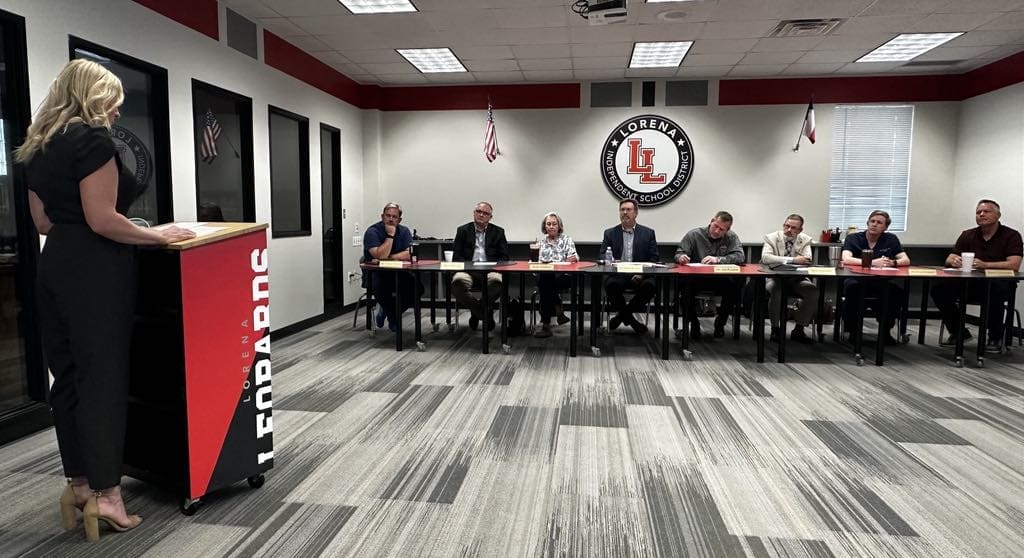Texas’ school funding model has finally had an impact on Houston ISD. Robin Hood, a program created by the state legislature to capture tax dollars from “property rich” districts and give them to “property poor” districts, has been triggered as HISD brings in more tax dollars because of rising property appraisals. Forced to comply, HISD is now projecting a $107 million budget deficit in the next budget cycle.
Although HISD has hit the arbitrary threshold of “property rich” as defined by the state, its students are hardly better off than the ones in some districts due to receive their tax dollars. In fact, eighty percent of the district’s student body is considered low-income.
HISD isn’t alone as the City of Houston is scrambling to find solutions to its own $126 million budget shortfall, brought upon by rampant spending increases and fiscal mismanagement.
While the effects of Robin Hood have been forced upon HISD, the district’s officials should still be held accountable. Houston’s property values have steadily increased for several years and should have alerted the district of this tax trigger far in advance. Even former Mayor Annise Parker projected the city’s budget deficit to come within the next administration, but HISD officials somehow didn’t foresee their shortfall.
Though far from a solution to their situation, HISD has exacerbated the problem by approving undeserving bonuses to outgoing Superintendent Terry Grier.
Grier, who has been head of the district since 2009, announced his early retirement the same week the district publicly announced a $200 million shortfall from their massive $1.9 billion bond. Grier offered explanations such as inflation and building costs as to why the program “didn’t have” the funds necessary to complete the projects it’s proponents previously promised voters. But after a thorough internal review (an external review is currently in progress) the internal auditor determined that claim to be false.
Inflation was not the cause and most of the responsibility for the shortfall was found to be mismanagement by district administration.
Whether Grier was truly aware of the growing deficit or not, his poor management didn’t warrant a $175,000 bonus on top of his $3000,000 salary, especially since he decided not to fulfill his contracted term.
The internal review also exposed the fact that many contracts were processed and paid without board approval, exceeded “not-to-exceed” amounts, and were paid in full without documentation proving that the billing was accurate. These discrepancies coupled with hefty bonuses for Grier and his executive staff put the district in a precarious position when it comes to handling the deficit.
HISD’s multiple “unforeseen” shortfalls this year total over $307 million. What are district officials doing, if not managing tax dollars correctly, and when will local residents hold officials accountable for their recklessness? To date, the district has largely washed over these “miscalculations.”
Although the shortfall involves complexity and changes to the districts funding structure, it is not hard to see that if the bond was managed correctly, avoiding the $200 million shortfall, the district would have additional funding to cover the Robin Hood-caused deficit.
School officials may find a temporary solution to the current problem, but taxpayers have to pressure the district to deal with the structural problem of bloated contracts, lack of accountability, and lack of transparency, or they’ll find themselves in the very same position next year.
*We reached out to each HISD Board Member, the HISD Press Office and the Budget Office for comment, but received no response at time of publishing.




